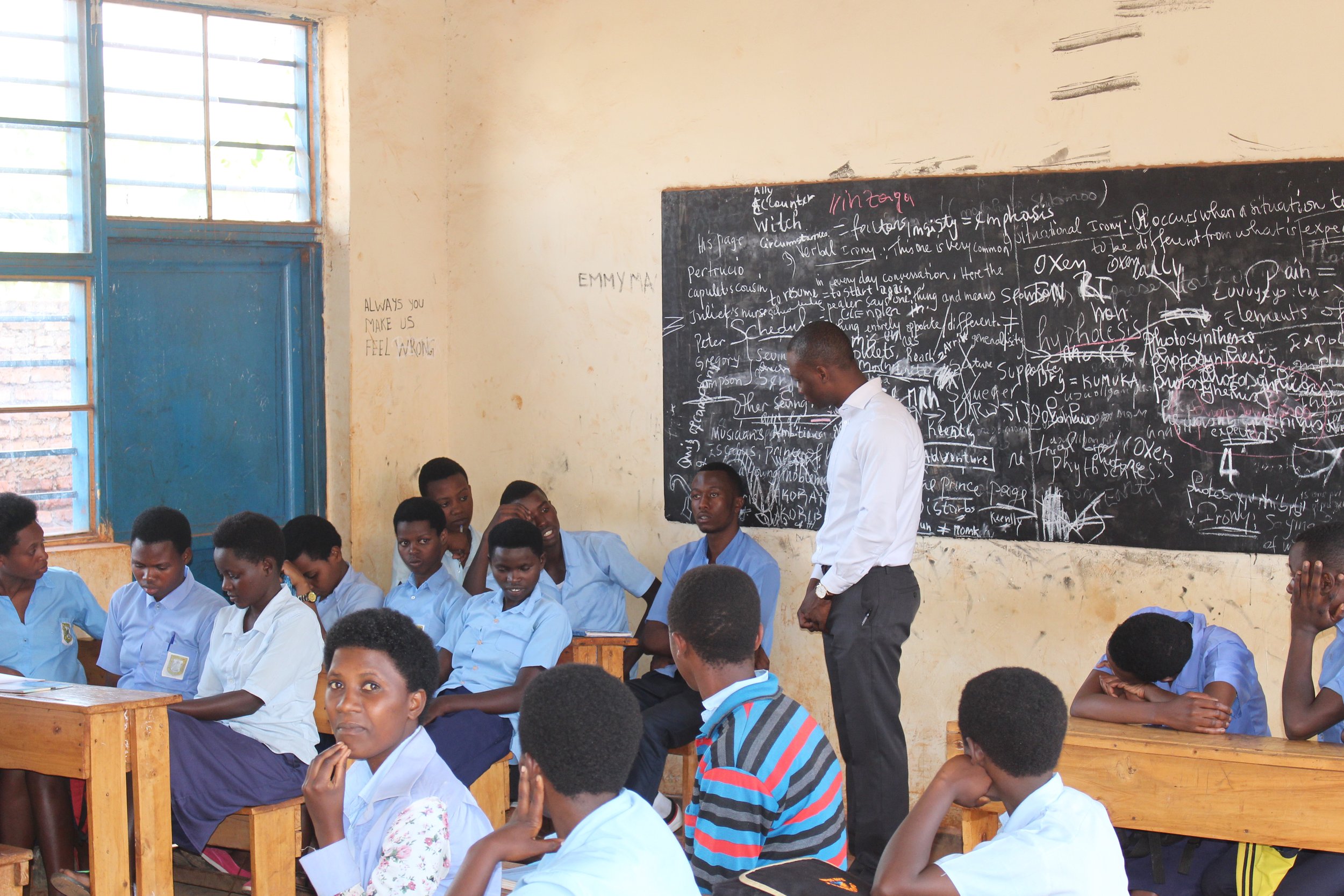The Rwanda
Pilot Program
Rwanda, the country of 1000 hills, has green, mountainous landscape with an estimated population of 11 million.
Rwanda, from a data science perspective, offers rich data on malaria. There are several malaria-specific published works on Rwanda. Of key interest is to understand the dynamics of malaria infection among habitants of higher elevation and to understand the Chloroquine and other drug resistance in Rwanda.
According to the World Health Organization approximately 90% of Rwandans are at risk of malaria. Malaria is the leading cause of morbidity and mortality in Rwanda and is responsible for up to 50% of all outpatient visits. In 2005, Rwanda reported 991 612 malaria cases. In 2006, malaria was responsible for 37% of outpatient consultations and 41% of hospital deaths, of which 42% were children under five.
Main interventions Include:
Improvement of malaria case management through the provision of efficacious and high-quality drugs to the population.
Strengthening of malaria preventive measures through provision of mosquito nets to children under five, pregnant women and PLWHA. Provision of IPT with SP to pregnant women.
Our preliminary research also suggest certain individuals in Rwanda may have higher immunity level against the malaria parasite.
With over 5 million potential data points, and a malaria population diversity like none other, we begin our journey in Rwanda.

